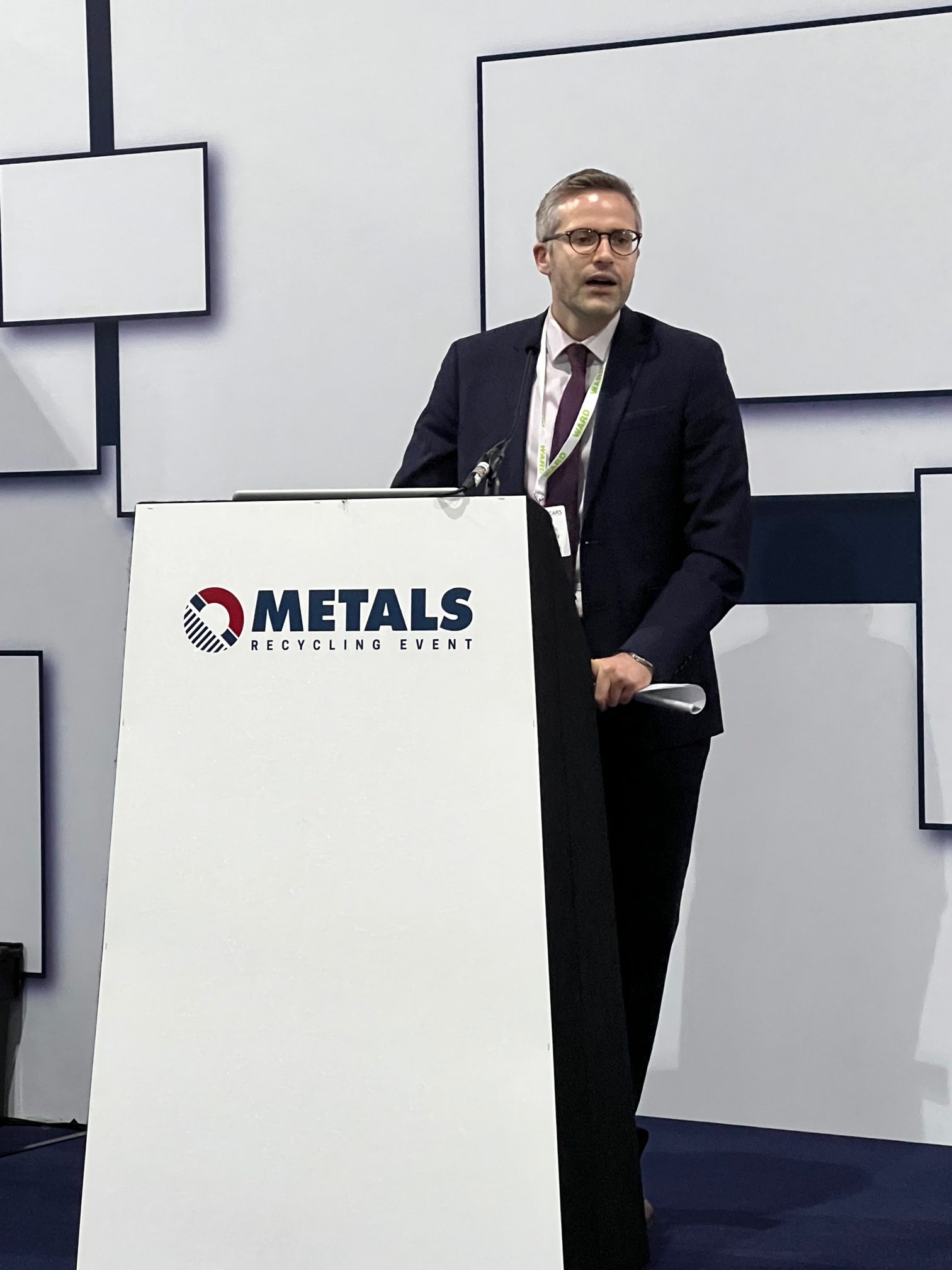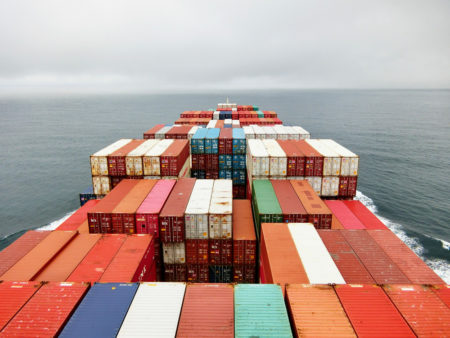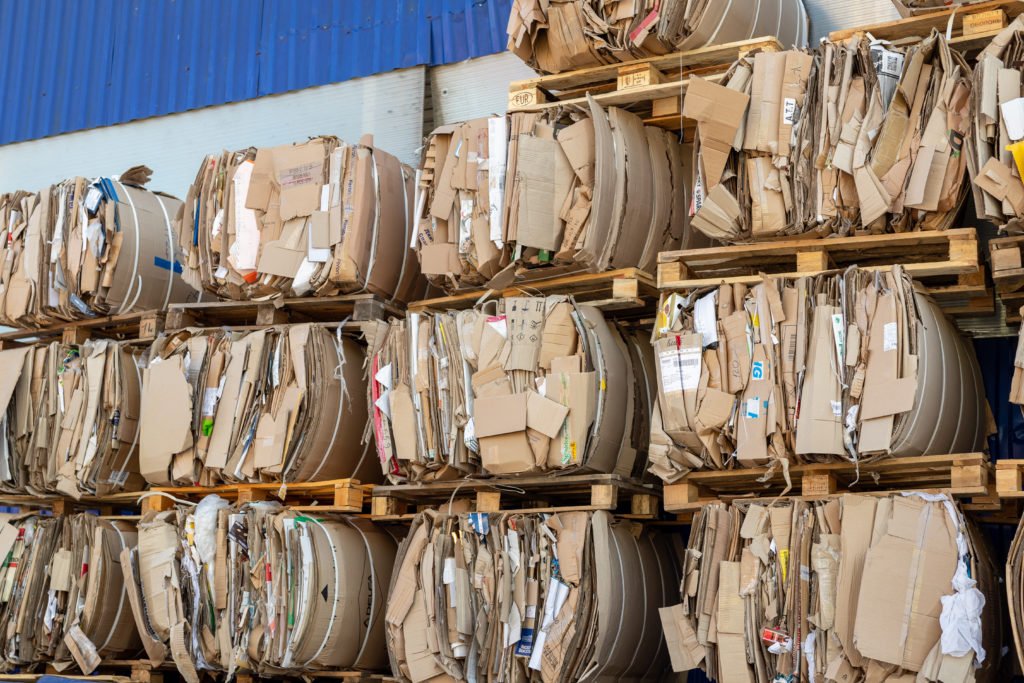With the UK having left the EU, the regulations do not affect most home nations, though they still apply to Northern Ireland, via the Northern Ireland Protocol arrangements.
Under the proposals, waste exports to non-OECD countries will be “restricted” and only allowed if third countries are willing to receive certain wastes and able to manage them “sustainably”.
There are already a number of controls on ‘waste’ exports – waste is usually exported for recycling – but the EU proposals are seen as both trying to reduce illegal exports and to encourage the use of secondary materials within Europe. The latter is something encouraged by Europe’s circular economy agenda.
However, the potential for tighter controls has concerned the recycling sector in Europe (see below).
Destination
The Commission says that waste shipments to OECD countries will be monitored and could be suspended if they generate “serious environmental problems” in the country of destination.

All EU companies that export waste outside the bloc will need to ensure that the facilities receiving their waste are subject to an independent audit showing that they manage this waste in an “environmentally sound manner”.
Virginijus Sinkevičius, commissioner for environment, oceans, and fisheries, said: “This proposal is a decisive move to create the most advanced waste shipment system in the world, and bring this system to the digital era too.
“Our goal is to make sure that waste generated in the EU is managed in a sustainable way so that it does not harm nature and health but opens up new opportunities for green growth and innovation.”
The proposal also contains important changes on the export of so-called ‘green-list’ waste. It does not establish new rules but proposes that green list waste should be “more easily traceable”. This includes the digitisation of the documents associated with the export of green list waste.
Waste trafficking
The proposals also contain measures to tackle illegal shipments of waste. Under the proposals, the Commission would support transnational investigations by EU member states on waste trafficking.
An EU ‘waste shipment enforcement group’ would be established to increase cooperation and coordination against illegal shipments of waste.
Current rules on administrative penalties against illegal shipment of waste would be strengthened, the Commission says.
‘Major problems’
EuRIC, the European recycling confederation, said that the Commission’s proposals “posed major problems” that would “jeopardise Europe’s circular economy ambitions”.

EuRIC said European recyclers “entirely support” the objective to tackle the illegal waste trade and exports of unprocessed waste to countries lacking the infrastructure for proper treatment.
However, it says that, by “failing to distinguish” between waste and raw materials from recycling (RMR), the proposals “fall short of levelling the playing field” with extracted raw materials, which are not subject to any such constraints in EU law.
Emmanuel Katrakis, EuRIC’s secretary general, said: “Free, fair and sustainable trade of RMR is absolutely essential to boost high-quality recycling in Europe and ensure the recycling industry remains competitive.”
He added: “Subjecting RMR – which are still classified as non-hazardous waste – to export restrictions will, in the absence of secured end-markets for circular materials in the EU, pose a vital threat to European recyclers, be them SMEs or large multinational companies, and undermine the creation of green industrial jobs in Europe.”
RDF Conference | 25 November | Congress Centre, London
Now in its eighth year, the RDF Conference has established itself as one of the key must-attend conferences for all those operating in the RDF, SRF and energy from waste sectors.
Learn more here.












Subscribe for free